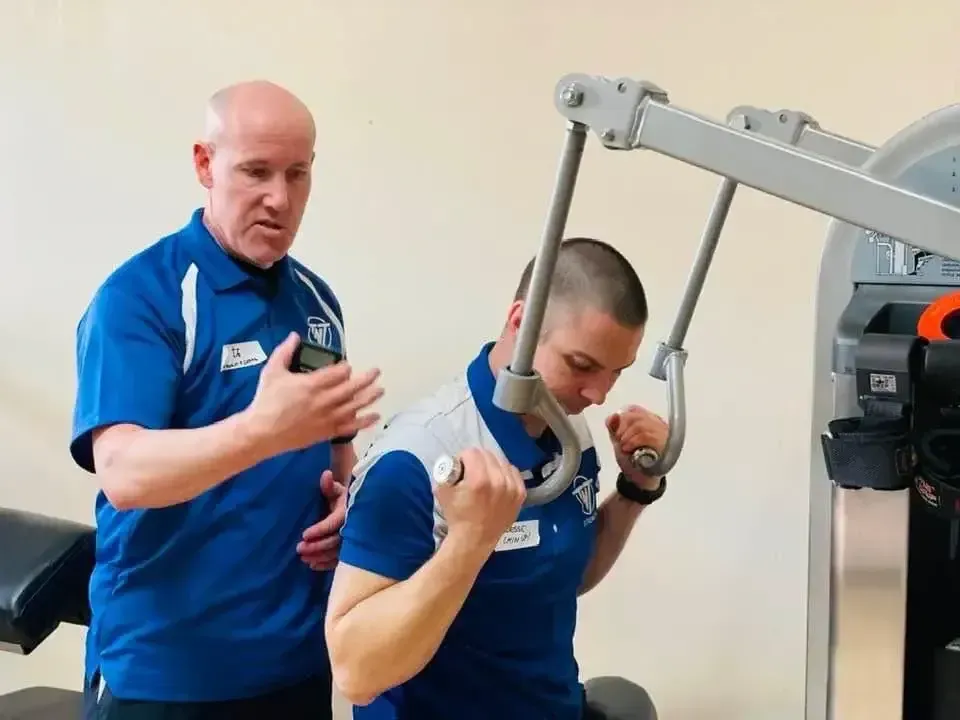LOW CARB DIETING (THE TRUTH): PART ONE

Almost everyone knows someone who has used a low carb diet. They have used it themselves had a friend use it or are getting ready to use it . Are these diets magic? Are they safe? Can I really eat all of the cheese and meat I want ? Will I die if I go into ketosis?
These are just a few common questions I hear in regards to questions that concern low carb diets. In this series of articles I will present readers with scientific facts and my practical observations for implications concerning low carb diets. Some low carb supporters will not like what I will have to say. Some low carb haters will not like what I have to say. The objective of these articles are to educate readers on the practical implications of low carb dieting. Some will be offended and some will say how can that be. Either way sit back and enjoy as I attempt to shed light on the highly talked about topic – low carb diets (ketogenic diets)
I have provided a brief overview of some the topics that will be discussed in this series of articles.
1. What type of changes occur while using low carb diets
2. Do low carb diets make me mean
3. Do low carb diets spare muscle
4. Can I gain weight on a low carb diet
5. How much weight can I expect to lose
6. Can this diet help my medical condition
7. Different types of low carb diets
8. Why you need to cycle higher days of carbs
9. Who needs low carb diets
10. Are they safe for children
11. Are they beneficial for athletes
The topics mentioned above are just a few that will be addressed in Low Carb Dieting.
Before we move any further let me introduce the word ketogenic. Most of you reading this article are probably familiar with the word as it implies low carb or restriction of carb intake. Simply put for our purposes the words ketogenic and low carb are synonymous. A couple of other comments I would like to make before we move on. This comment is for Low Carb supporters that swear off all vegetables and fruits. Get on medline.com and do some research. Go to the library and look through some journals. A complete diet for long term use needs to incorporate greens and some fruits to be healthy. A short term diet devoid of fruits and vegetables might not be that bad, but rejecting greens and any fruits for life is a bad idea.
This comment is for the low carb haters. One of the number one reasons most of America is fat is because of chronically high insulin levels. Which is primarily contributed to excessive carb intake. Don’t get me wrong I am not blaming high carbohydrate intake on all of our obesity problems. I should probably say excessive and the wrong types of carbohydrate at the wrong times are the problem. At the same time the answer is not to eat all of the saturated fat we can find : which can contribute to insulin insensitivity, elevated TG’s, increased lipogenesis and digestive problems.
What is a ketogenic diet? A diet that causes ketone bodies to be produced by the liver, and shifts the body’s metabolism away from glucose in favor of fat burning. A ketogenic diet restricts carbohydrates below a certain level (generally 100 grams per day). The ultimate determinant of whether a diet is ketogenic or not is the presence or absence of carbohydrate. Protein and fat intake vary. Contrary to popular belief eating fat is not what causes ketosis. In the past starvation diets were used often to induce ketosis. I will repeat myself again and say lack of carbohydrate or presence of ultimately determines if the diet is ketogenic.
In most eating plans the body runs on a mixture of protein, fats and carbohydrates. When carbohydrates are severely restricted and glycogen storage (glucose in muscle and liver) is depleted the body begins to utilize other means to provide energy. FFA (free fatty acids) can be used to provide energy, but the brain and nervous system are unable to use FFA’s. Although the brain can use ketone bodies for energy.
Ketone bodies are by products of incomplete FFA breakdown in the liver. Once they begin to accumulate fast and reach a certain level they are released , accumulated in the bloodstream and cause a state called ketosis. As this occurs there is a decrease in glucose production and utilization. There is also less reliance on protein to meet energy requirements by the body. Ketogenic diets are often referred to as protein sparing as they help to spare LBM whiled dropping body fat.
In regards to ketogenic diets there are two primary hormones- insulin, glucagon that need to be considered. Insulin can be described as a storage hormone as it’s job is to take nutrients out of the bloodstream and carry them to target tissues. Insulin carries glucose from the blood to the liver and muscles, and it carries FFA from the blood into adipose tissue (stored fat triglyceride). On the other hand glucagon breaks down glycogen stores (especially in the liver) and releases them into the blood.
When carbs are restricted or removed insulin levels drop while glucagon levels rise. This causes enhanced FFA release from fat cells, and increased FFA burning in the liver. This accelerated burning of FFA in the liver is what leads to ketosis. There are a number of other hormones involved with this process as well.
In general we refer to three different types of ketogenic diets.
1. STANDARD KETOGENIC DIET - A diet containing l00 or less grams of carbohydrates is referred to as the Standard Ketogenic Diet.
2. TARGETED KETOGENIC DIET - consuming carbohydrates around exercise, to sustain performance without affecting ketosis.
New epilepsy drugs were invented during the 30’s, 40’s and 50’s and ketogenic diets fell to the wayside. These new drugs lead to almost disappearance of ketogenic diets during this time. A few modified ketogenic diets were tried during this time such as the MCT (medium chain triglycerides) diets, but they were not well accepted. In 1994 the ketogenic diet as a treatment for epilepsy was re-discovered. This came about in the story of Charlie a 2yr old with seizures that could not be controlled with medications or other treatment including brain surgery. Charlie’s father had found reference to the diet through his research and ended up at Johns Hopkins medical center. Charlie’s seizures were completely controlled as long as he was on the diet. The huge success of the diet prompted Charlie’s father to start the Charlie foundation. The foundation has produced several videos, and published the book The Epilepsy Diet Treatment: An Introduction to the Ketogenic diet. The foundation has sponsored conferences to train physicians and dietitians to implement the diet. The exact mechanisms of how the ketogenic diet works to control epilepsy are still unknown, the diet continues to gain acceptance as an alternative to drug therapy.
Chul Kang H, Joo Kim Y, Wook Kim D, Dong Kim H, Dept of pediatrics, Epilepsy center, Inje Univ Coll of Med, Sanggye Paik Hospital, Seoul Korea
Reference McDonald, L (1998) The Ketogenic Diet. Lyle McDonald.
Copyright 2005 Jamie Hale LOW CARB DIETING (THE TRUTH)
To get in touch with a TNT coach
Experience the TNT Strength difference with a free workout.
START YOUR FITNESS TRANSFORMATION WITH A
FREE WORKOUT
Complete the form and we'll set up an appointment for you.











